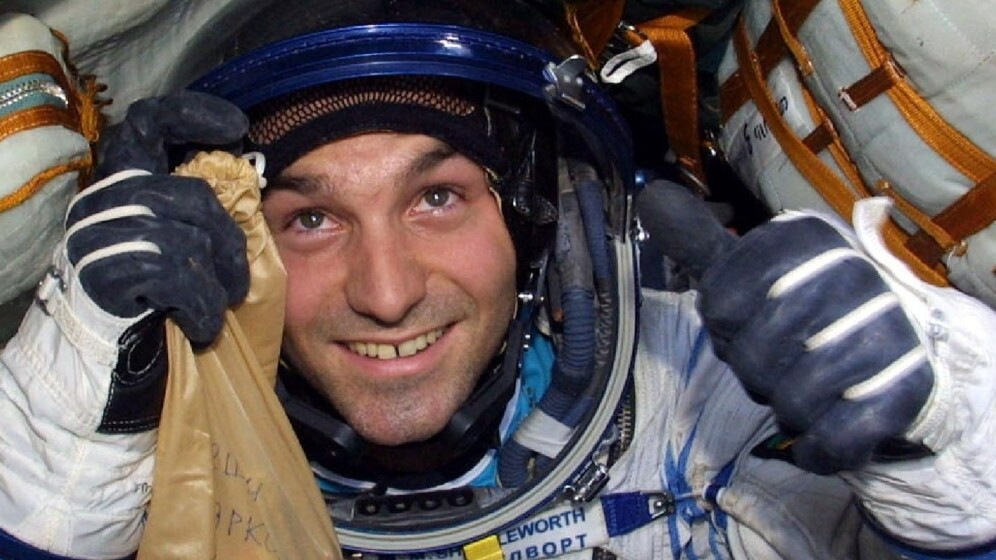
Canonical has launched one of the most ambitious (in financial terms) IndieGoGo crowdfunding campaigns in the world today in the hope of driving the development of the first Ubuntu-based smartphone forward.
The campaign is looking to raise a total of $32 million in 30 days to produce a limited run production of just 40,000 devices.
The news was confirmed on Monday by Canonical’s founder and the first South African in space, Mark Shuttleworth:
Ubuntu Edge is the ultimate convergence device – challenging established norms for PCs and smartphones. The crowdfunding approach is a new way to prove demand for cutting edge technologies and new classes of device; supporting the Ubuntu Edge is the best way to catalyse the next generation of personal devices from industry.
Pledging $600 or more on day one (or $830 thereafter) will be enough to get you one of the devices when they are released in early May 2014, Canonical said.
Shuttleworth told The Next Web that the device would further “bridge the gap” between smartphones and PCs by offering a spec list more akin to a laptop.
As such, he confirmed the first concept Ubuntu Edge devices would includea 4.5-inch display, 4GB RAM and 128GB of storage. It’ll also have “dual LTE”, so that it will play happily with LTE bands in the US and Europe.
It will, likely unlike later Ubuntu smartphones, also run Android alongside the Ubuntu OS.
He was also keen to reinforce that today’s announcement isn’t a change in approach to Ubuntu-based smartphones on shelves, and that Canonical is still in talks with big name handset makers for full retail launch next year. Instead, Shuttleworth said the company was trying to bridge an “innovation gap”. A little like Microsoft’s approach with its Surface tablet.
Shuttleworth also said that if the ambitious project fails to reach its funding goals, they will not press ahead with the money that had already been pledged, as IndieGoGo provides a mechanism to do.
Canonical’s four screen strategy (TV, PC, tablet and smartphone) has been in formulation for a number of years, but it was only at the beginning of 2013 that it all started to come together for the organization, most notably marked by its unveiling of its smartphone and tablet operating systems – both of which use the same core kernel.
Ahead of the announcement, Canonical teased us with a new front page image on its website that simply said “the critical point at which something begins”, all but confirming the Ubuntu Edge name (spotted last week in a trademark filing) ahead of time.
Supporting its launch efforts, just last month the organization formed a Carrier Advisory Group (which includes EE, Deutesche Telekom, Korea Telecom, telecom Italia, LG UPlus, Portugal Telecom, SK Telecom and Telefónica as members) to discuss various aspects of development of the platform and things like ways to differentiate it for operators and which HTML 5 standards it should support.

Unlike most other smartphone platforms (although, most notably, taking a similar approach to Firefox OS) that use a proprietary, closed system, Ubuntu for smartphones and tablets uses the same open source approach as it does on the desktop, which in this case means making HTML 5 development at the heart of much of its work.
While big name players like Apple and Google use similar operating systems across desktops and laptops, they don’t go as far as using the same core technology in most cases, and instead tie the two experiences together with a consistent look and feel across platforms. This could be the point of differentiation that gives Ubuntu a foot in the potentially lucrative door.
Headline Image Credit – AFP/Getty Images
Get the TNW newsletter
Get the most important tech news in your inbox each week.






